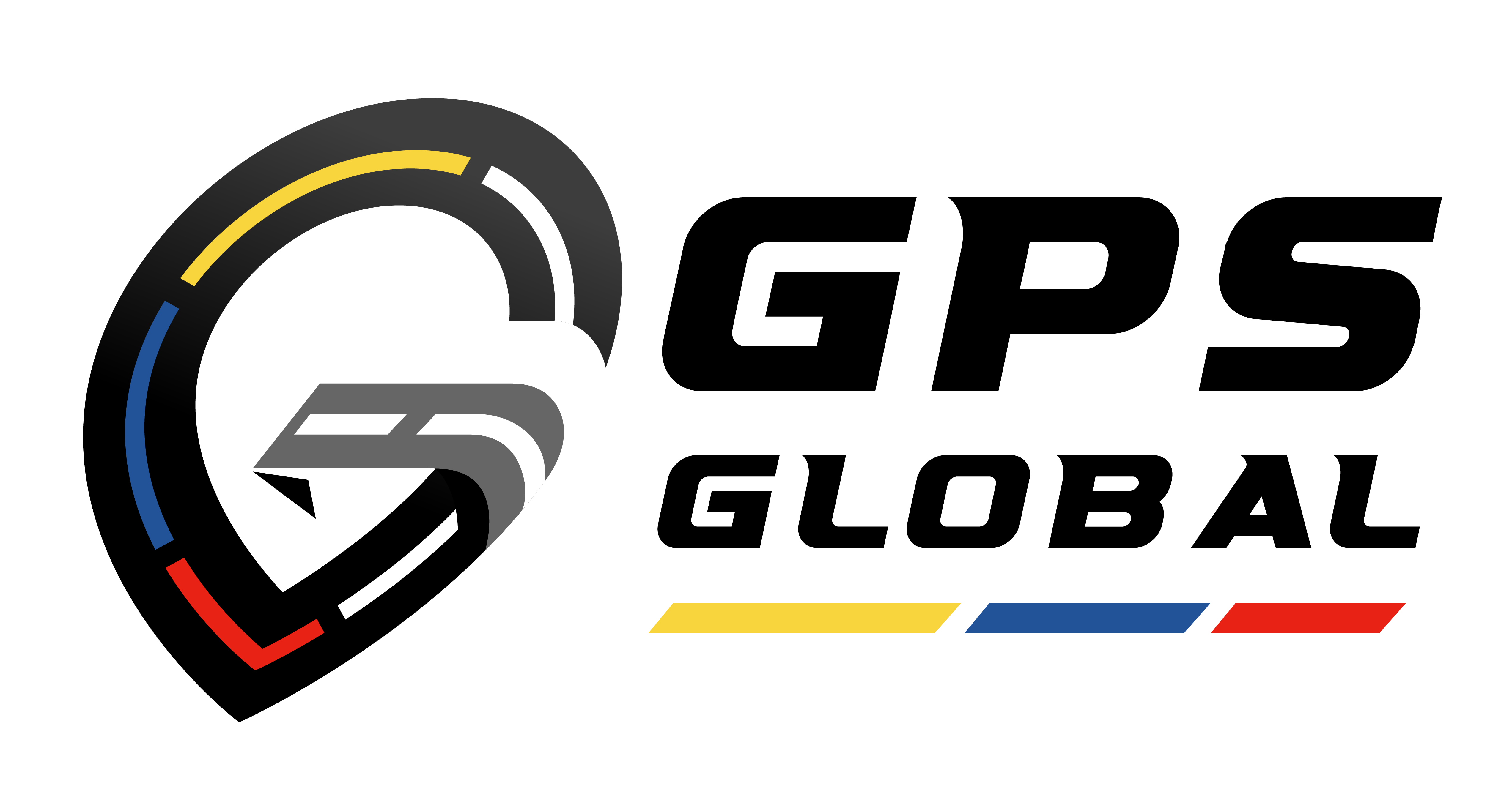At a hearing before the House Judiciary Committee in September 2009, the Copyright Registry commented on the implications of the proposed regulation for future orphan works legislation: This risk of infringement can be particularly onerous when an author incorporates a protected work into a new work of adaptation or transformation. So what is the best service of public policy in facilitating public access to and use of such a work? And what is the best way to define what constitutes an orphan work for counterfeiting purposes in order to facilitate access to orphan works and promote their use without infringing copyright or placing the work unfairly in the public domain? From 1 January 2021, following the UK`s withdrawal from the EU, this exemption from UK law will be lifted. Therefore, UK institutions can be used from 1. January 2021 face copyright infringement if they make works available online in the UK or EEA, including works published before 1 January 2021. In some cases, the fee is set on the basis of a “price on demand”. If the desired use of the work is not listed on the online application form, you should contact the IP office in orphanworkslicensing@ipo.gov.uk for details of the fee. No similar legislation has yet been passed in the 111th Congress. The type of royalty takes into account the type of licensed work (literary, artistic, musical works, etc.) and the amount of royalty paid for the similar use of an orphan work, as well as the nature of the use (whether the use is commercial or non-commercial). The IPO retains the royalty for 8 years from issuance in case a “missing” copyright owner reappears and demands payment of the remuneration due to him. At the end of the 8 years, the IPO can use the unclaimed taxes to fund the establishment and administration of the licensing system itself, while any surplus can be used to fund social media. Cultural and educational projects.
Copyright is the driving force behind a huge private market of rights holders and users. The structure of the law shapes the IP market for owner-user negotiations in many ways, but it does not control all aspects of it. It is the responsibility of the rights holder to inform the public of the property. Determining whether a work is protected and identifying the true owner of the copyright (who may or may not be the author) is the responsibility of the potential user. But the identification process can be extremely complicated, difficult and, in many cases, prohibitively expensive. There are many elements for determining whether something is likely to fall under copyright.8 The potential user must first make a preliminary decision as to whether a work is actually protected by copyright or has fallen into the public domain.9 Changes to the term of copyright by repealing the 1909 Act and enacting the 1976 Act, subsequent extensions of term and waiver of “formalities” (see below) complicate the calculation of the likely survival of copyright, particularly with respect to works created before 1978.10 If you wish to continue, you must pay the royalty now. The fee depends on the types of orphan works you want to use and what you want to do with them. The heart of H.R.
5889 was the limitation on the financial compensation that may be awarded by a court (including actual damages, statutory damages, costs and attorneys` fees) when the use of an orphan work is considered infringing. Users who met the legal criteria would have been required to pay “reasonable compensation” for the use of the infringing work.33 H.R. 5889 defined “fair compensation” as “the amount that a willing buyer and willing seller in the positions of infringer and owner of the infringing copyright would have agreed to with respect to the unlawful use of the work immediately prior to the commencement of the the violation.” 34 The bill also allowed a court to consider, when determining the amount of fair compensation, the value (if any) added to a work because the work is registered with the Copyright Office.35 Although Congress has not yet passed orphan works legislation, Recent developments in the private sector have further increased public interest in the problem of orphan works. In particular, questions have been raised about the fate of orphan works under the proposed settlement agreement, which would resolve litigation over Google`s proposal to digitize, digitize and index millions of printed books in the collections of several major libraries without obtaining permission from the copyright holders of those books.54 The authors and publishers had filed a class action lawsuit to block the reproduction of the books. by Google. and financial damages for alleged copyright infringement. A settlement agreement was first announced in October 2008, but the terms of the settlement raised questions about Google`s possible monopoly on book search, treatment of orphan works, privacy of researchers, and the rights of foreign authors. In November 2009, a revised settlement agreement was submitted to the Court of Revisor.
By conducting discussions with stakeholders and reviewing detailed statements, the U.S. Copyright Office study examines the landscape surrounding orphan works. Adopting numerous proposals from the Copyright Office, the Orphan Works Act of 2006 was passed in the second session of the 109th Congress (H.R.


